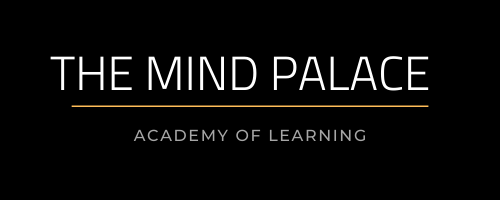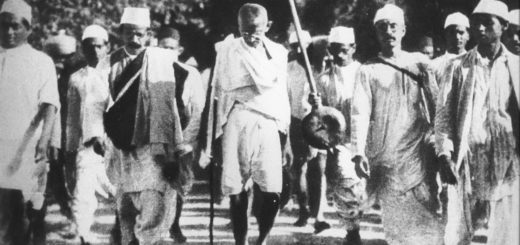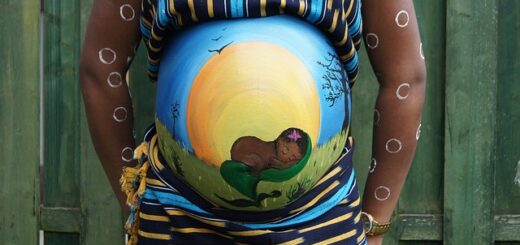Embracing Our Global Community: World History and You

World history is not just about learning facts and dates. It’s about understanding how our world is interconnected and preparing ourselves to be global citizens. As global citizens, we may live in one country but see ourselves as part of a bigger community that includes people from all around the world.
Many important issues, like climate change, social justice, and human rights, affect the entire world. To make a positive change, we need to know about these global challenges and be aware of how we can contribute. You have a role to play in the global environment, and your story is connected to the stories of others.
The idea of global citizenship emerged after the devastating experiences of the world wars. Organizations like the United Nations (UN) established declarations that recognized the rights and dignity of all people. These declarations focused on important groups, such as women, children, and people with disabilities, ensuring they receive equal treatment and opportunities. Member nations report on their progress in these areas, showing their commitment to upholding these rights.
In a BBC poll, it was found that more than half of the people surveyed from eighteen countries considered themselves “global citizens.” During prosperous times, people are more likely to embrace the idea of a global community. However, in challenging times, we may focus more on our local or national identities. Yet, the processes of globalization continue to shape our world, and understanding it remains crucial.
By studying world history, you will gain the knowledge and perspective needed to become an informed global citizen. You will learn about different cultures, understand global issues, and appreciate the importance of collaboration and empathy. Together, we can create a better world by embracing our shared humanity and working towards a brighter future for all.














